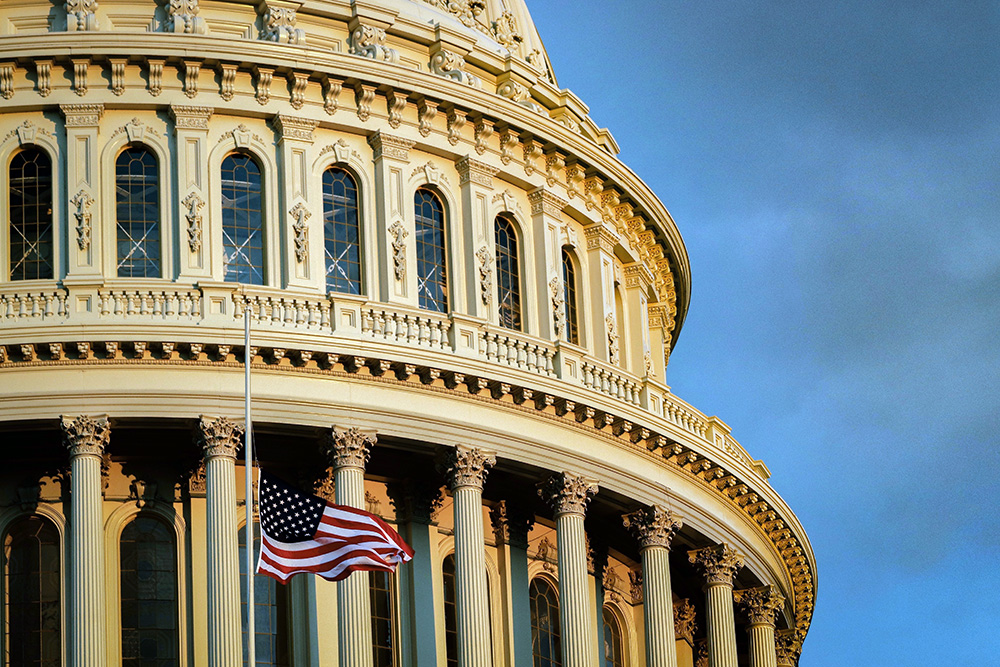As Congress moves to potentially ban TikTok in the U.S., Media.com, a new profile-based network, unveils a study showing that 70 percent of social media users are moderately to extremely concerned that misinformation will impact the 2024 U.S. Presidential election. Respondents were also inclined to hold social media companies accountable for misinformation and hate speech, with a slim majority (51%) favoring increased regulation and 62% calling for legal action for social platforms that allow misinformation to spread.
Most say they can spot misinformation, but it has an impact
A majority of respondents (63%) said they feel confident in their ability to spot misinformation on social media. Yet when asked, some 60% said they had shared information they later found to be false. And when asked how misinformation impacts our lives, 68% of respondents said it causes confusion, 64% believe it undermines trust, and 60% feel it influences public opinion.
“Misinformation and fake profiles are eating away at trust and confidence which is critical to a functional society” said James Mawhinney, the CEO and Founder of the Media.com network. “These survey results show there is a very real concern about the impact of misinformation. It is particularly concerning considering the amount of time we spend consuming content from unverified sources.”

© Media.com
Facebook Is The Worst at Curbing Misinformation, followed by TikTok and X
Fifty-five percent of respondents said they think Facebook is doing the poorest job of curbing misinformation, followed closely by TikTok and X (formerly Twitter) at 44% each. When asked what changes social networks should make to address the challenge of misinformation, 57% said fact-checking all content; 55% supported identity verification for all profiles to eliminate bots; and 42% favored an automatic ban for those who spread false information.
“Social networks in their current forms are breeding grounds for misinformation. It is inevitable that they will ultimately be forced to introduce measures to help curb the spread of fake profiles and misinformation,” said Mawhinney. “When nearly two-thirds (61%) of Americans say that fake profiles and misinformation could impact the outcome of the presidential election, it highlights a very real societal issue which must be addressed to protect the public.”
Developed over the last three years, Media.com is a profile-based network which was started to help combat misinformation. The network is hopeful of attracting millions of individuals and organizations worldwide by providing powerful media publishing tools, including the ability to formally respond to online and offline content. Here, individuals, brands and their PR representatives can post text, video and audio information, publish releases, publicly respond to third party media, share their stories, challenge misconceptions and correct the record without the fear of being degraded by trolls, comments or encountering fake profiles.
Aligned with the survey’s findings, Media.com reinforces its commitment to empowering users to counter misinformation. The platform allows users to publish accurate information, respond to false narratives, and manage their reputation directly, offering a robust solution to the misinformation challenge.
Methodology
A total of 1,005 respondents across the U.S. who were 18 or older, social media users, and used one or more social media platforms completed the survey. This data was collected in January 2024.






